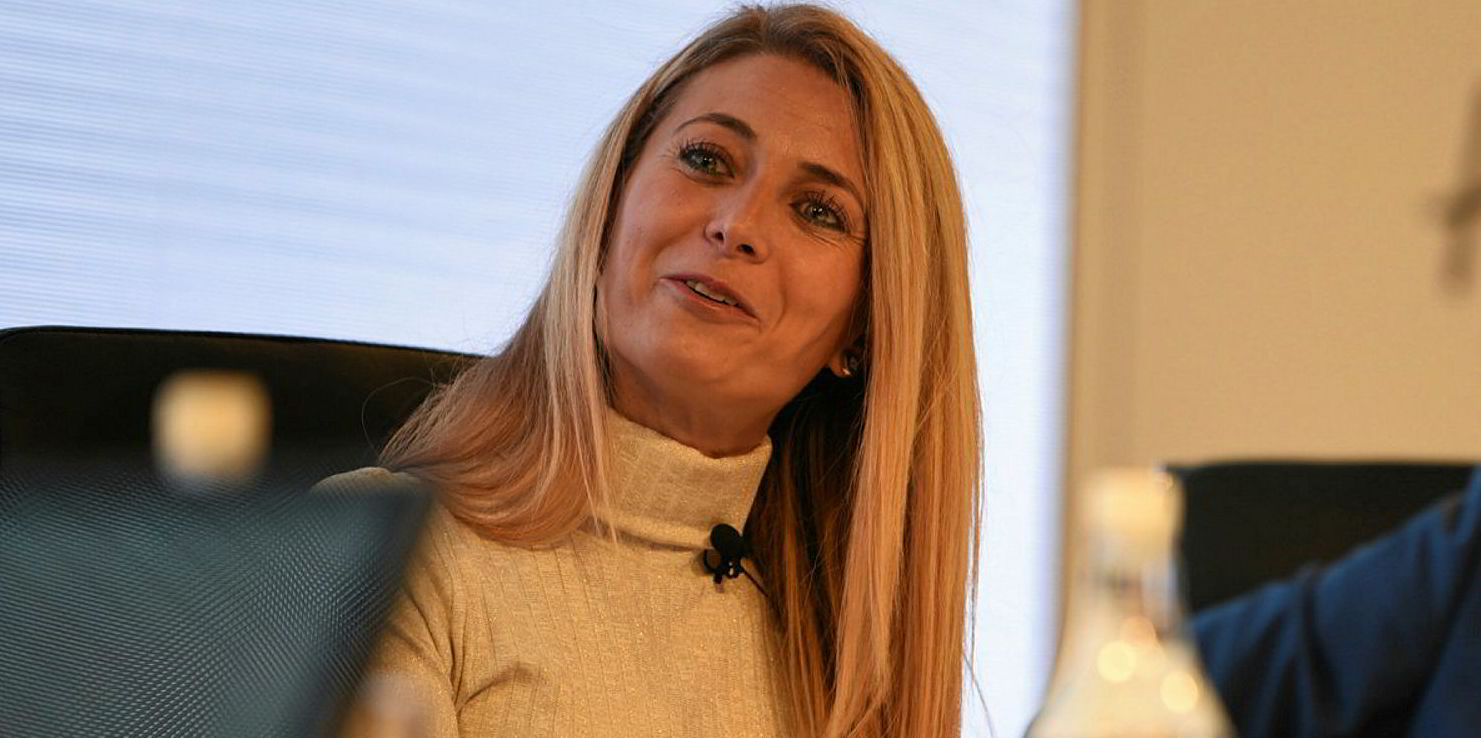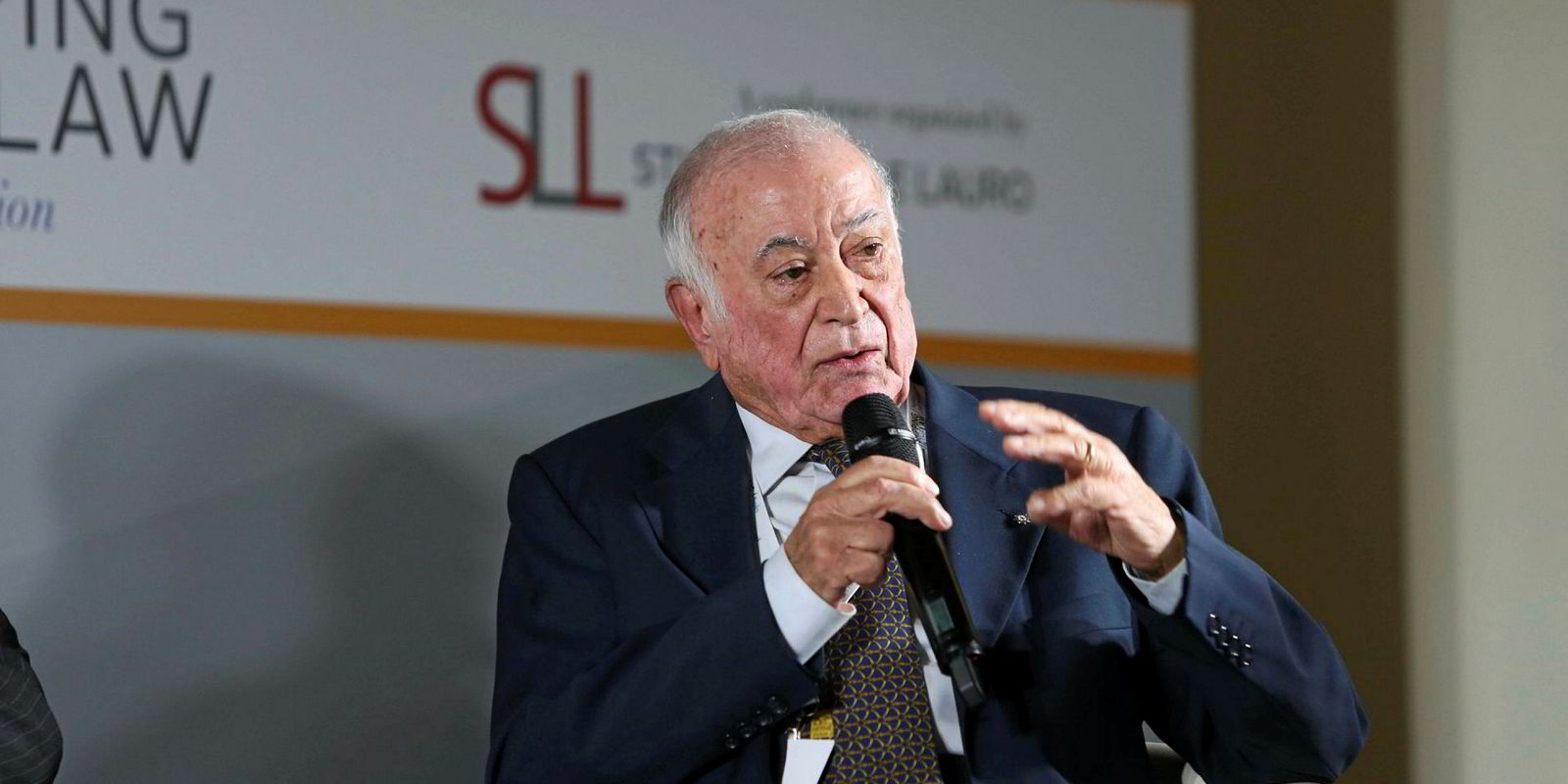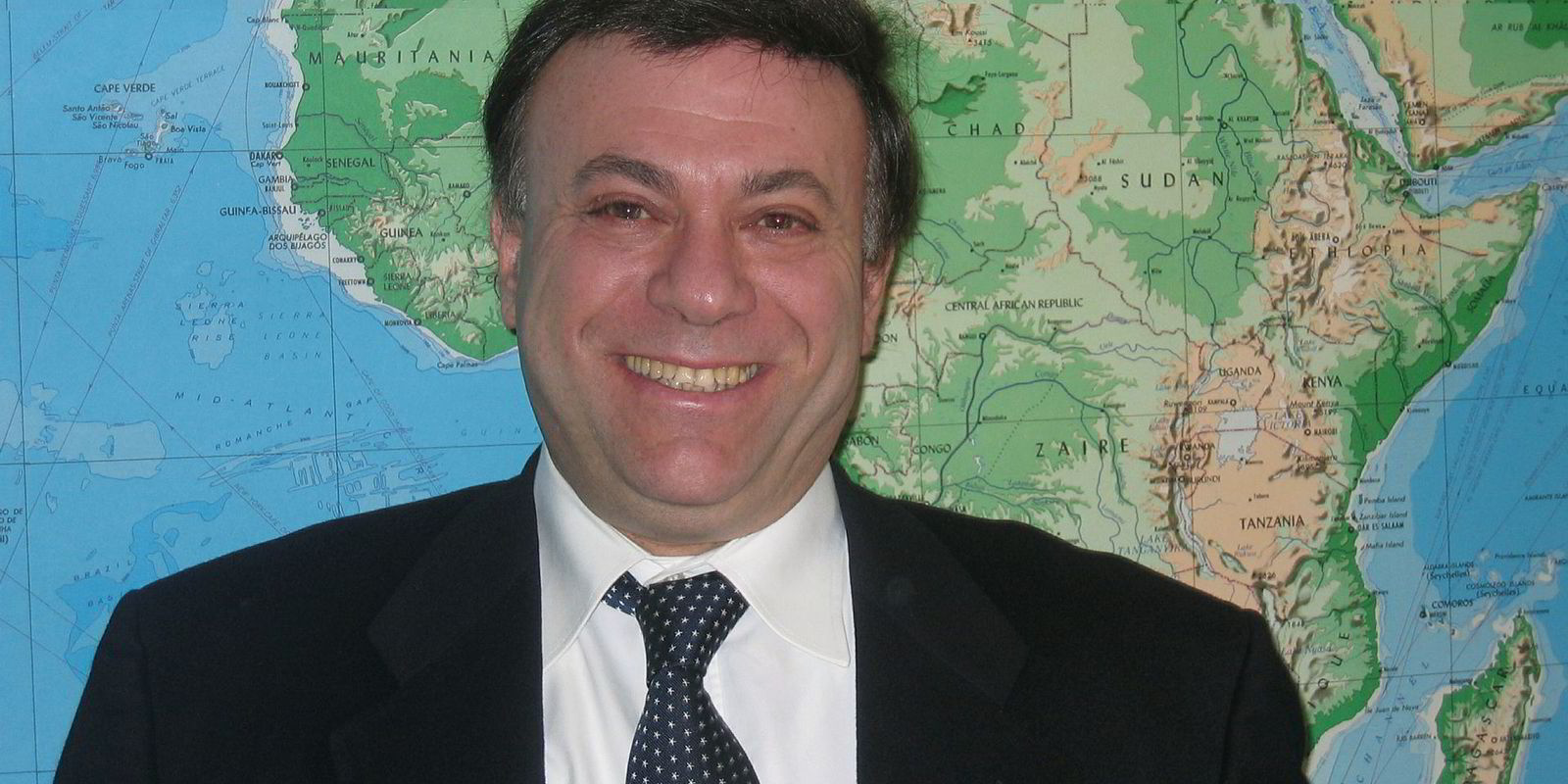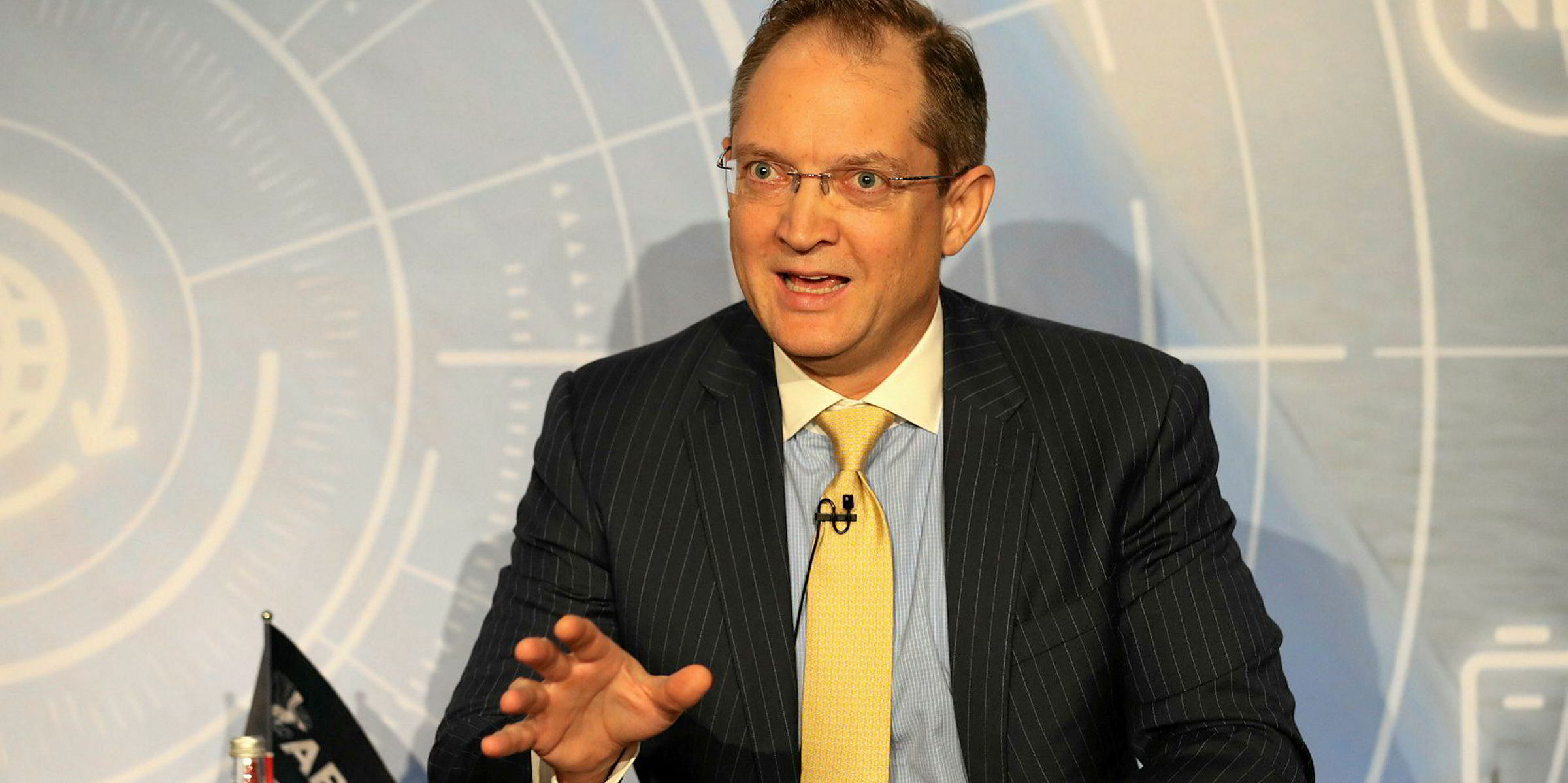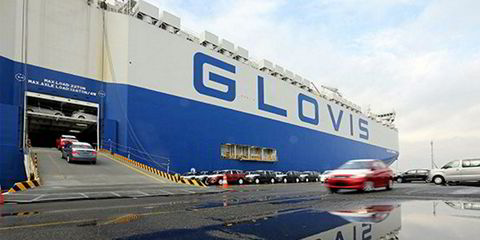Giuseppe Bottiglieri Shipping Co (GBSC) will focus on resolving issues related to fuel availability and compatibility when the IMO 2020 bunker rules come into force, while taking a wait-and-see approach on scrubber installation, according to managing director Mariella Bottiglieri.
When asked about the challenges posed by the IMO regulations, Bottiglieri said: “I have to be put into a position where I can comply.”
“I want to work in a framework where it’s possible to easily comply with new regulation," she told the London International Shipping Week conference. "The problem is whether the new bunkers will be available everywhere?”
Bottiglieri shared her unpleasant experience when the IMO lowered the sulphur limits to 0.1% in bunker fuels in the emission control areas back in 2015.
“When the regulations went into force, we had a ship just off Portugal loading a cargo to ship it to the Continent (northwest Europe). And there was no compliant fuel available at that time; we simply had to drop the cargo,” Bottiglieri said.
While recognising that many refineries have been raising production of IMO-compliant fuels, Bottiglieri pointed out fuel compatibility could be another major concern.
Based on the IMO 2020 rules, global sulphur cap in marine fuels will be lowered from 3.5% to 0.5% from January. The main compliant fuels are expected to be marine gasoil and low-sulphur fuel oil (LSFO).
However, LSFO is a new product that will be produced in various ways. Fuel suppliers have suggested LSFO from different producers should not be mixed until International Organization for Standardization establishes a common specification for the product.
“There could be a problem [when using LSFO] if it’s not from the same supplier,” Bottiglieri said.
Technically, GBSC has begun preparation works for its fleet of four MR product tankers, one capesize and 10 post-panamax bulkers, such as tank and pipeline cleaning.
Vessels installed with scrubbers will be allowed to continue consumption of the cheaper 3.5%-sulphur fuel oil. But Bottiglieri said her company would only decide on whether to invest in the environmental technology when there are clearer price signals in the bunker market.
“We will see whether it would make sense to put scrubbers on board or not. That’s the judgment can only be done when prices are really there in the market…when it [IMO 2020] comes into force,” Bottiglieri said.
Emissions targets
The IMO has also targeted to cut carbon intensity of international shipping by at least 40% from 2008 by 2030 and greenhouse gas emissions by 50% by 2050.
Bottiglieri said GBSC would consider how to reduce emissions from its fleet, but refrained from providing further details.
She pointed out that future ship purchases would be technology-focused though conceded any extra costs would need to be covered by freight income.
“The technology does not come without a cost…Nevertheless investing in technology should be a must these days,” Bottiglieri said.
GBSC, an Italian shipping company founded in 1850, has recently completed financial restructuring with private equity partner Bain Capital Credit. While there were reports that GBSC may have to sell its four product tankers in a $30m deal to pay its creditors, Bottiglieri confirmed the vessels remained with her company.
Looking forward, Bottiglieri said the family business would continue its business approach and focus on long-term investments with continuing partners.
“When we look at investments, it’s lifetime…[And] you want a [financial] partner to stick with you forever,” Bottiglieri said.
